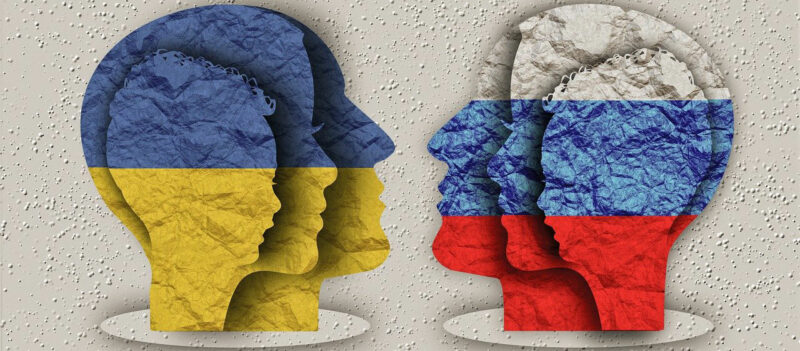NYT confirms war-ending Russian-Ukraine peace agreement sabotaged by West
June 27, 2024
With much less drama than its famous 1971 Pentagon Papers, the New York Times has disclosed three documents confirming that Russia and Ukraine were close to war-ending agreements in the first half of 2022, shortly after Moscow began its so-called ‘special operation’ attack on Ukraine, February 24, 2022.
The newspaper says it has obtained and verified three documents - draft versions of peace agreements negotiated by Moscow and Kiev in the first months of the Ukraine conflict.
Talks on the first agreement began as early as February 28 in Belarus but ended without result. Soon after, on March 10, the talks moved to Antalya in Turkey when Ukrainian Foreign Minister Dmytro Kuleba met with his Russian counterpart, Sergey Lavrov, and spoke of a “systematic, sustainable solution” for Ukraine. On March 17 Ukraine proposed a draft peace treaty promising permanent neutrality, with security guarantees from the US, UK, France, Russia and China.
There was much unresolved debate over the nature of the guarantees, but surprisingly little over territorial claims.
On March 29, Russian and Ukrainian negotiators produced the Istanbul Communiqué, “Key Provisions of the Treaty on Ukraine’s Security Guarantees” - a framework of a possible agreement.
By April 15 negotiations had reached the stage of a new draft treaty, with hopes for a final treaty by the end of the month. Under its provisions, a neutral, non-NATO Ukraine would be free to join the EU - a major Russia concession. The status of ‘Russian occupied territories’ in Ukraine (the provinces of Donetsk and Lugansk in the Russian-speaking Donbas) would be decided later. A decision on Crimea would be postponed 10-15 years - a major Ukrainian concession.
“We were very close in mid-April 2022 to finalising the war with a peace settlement,” one of the Ukrainian negotiators, Oleksandr Chalyi, stated at a public appearance a year later.
According to another negotiator speaking at the time “Putin and Zelenskiy surprised everyone with their mutual willingness to consider far-reaching concessions to end the war.”
Sadly, that end was not to be. According to Chalyi “instead of embracing the Istanbul Communiqué and the subsequent diplomatic process, the West ramped up military aid to Kyiv and increased the pressure on Russia, including through an ever-tightening sanctions regime.”
The perennially Russophobic United Kingdom took the lead with Boris Johnson arriving in Kyiv on April 9, even before the draft treaty was to be finalised. He reportedly told Zelenskiy that any deal, “would be some victory for [Putin]: if you give him anything, he’ll just keep it, bank it, and then prepare for his next assault.”
Ukraine’s top negotiator in Istanbul, David Arakhamia, has stated that Johnson traveled to Kiev specifically to persuade Vladimir Zelensky to withdraw from the talks.
Kiev was also under pressure from the US, which had long been doubtful about the talks and the guarantees it was supposed to provide.
By May of that year all talk of possible peace agreements seems to have ended.
And not just ended: Russia’s territorial concessions in the draft peace agreements seem to have been more than nullified by its later demand for two more provinces, Kherson and Zaporizhzhia, in addition to the two Donbas provinces it had earlier agreed to leave on hold - though some argue the ramped up demand was simply to gain the land bridge to Crimea provided by the two extra provinces.
Note: In researching this article I have been astounded by the degree to which the once valuable and impartial Wikipedia has become a source of heavily distorted pro-Western material. Replacing impartial news media with biassed media seems to be the latest device in the East-West, soft-power wars.
The Japan Times, for which I used to write regularly, is a fairly recent victim. After an obscure ownership turnover I, along with several other writers, were given immediate marching orders. I cannot claim to be a publicity agent for Pearls and Irritations, but the need for this kind of progressive publication has become urgent.

